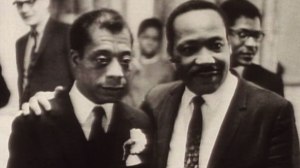
Reverence is an ennobling sentiment; it is felt to be degrading only
Washington Allston (1779—1843)
by the vulgar mind, which would escape the sense of its own littleness
by elevating itself into an antagonist of what is above it. He that has
no pleasure in looking up is not fit so much as to look down.
Human Beings and Being Human
Not everyone believes in God, and those of us who do call the Ineffable different names. But doing justice, loving kindness, and walking humbly (Micah 6:8) expresses in a few words the shared moral foundation of healthy common life. Some treasures — soul-sized things that neither moth nor rust consume — cannot be bought or stolen by wealth, privilege, or power. An economy and culture that enshrine greed, ownership and domination bow before and dance around a Golden Calf.
Jesus’s question about treasures is front and center in 2021. “What profit is there if a person [or nation] gains the world but loses its soul?” What difference does it make if we’re standing in quicksand? “The rain fell dow, and the floods came up, and the winds blew and beat against that house, and it fell–and great was its fall!”
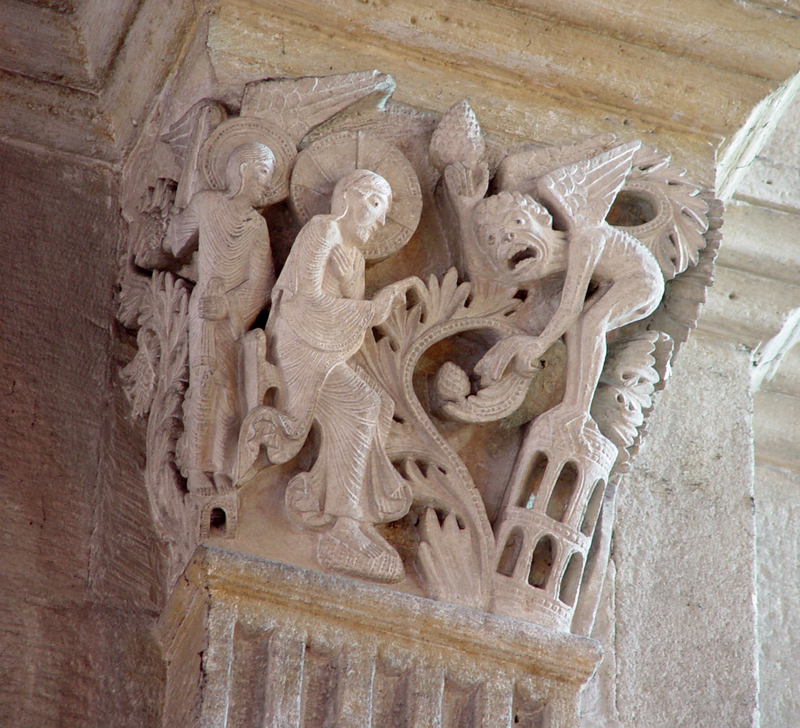
Bowing Lower
It has taken a lifetime to see more clearly what I believe and why I believe it. Some stories are so deeply embedded in our psyches that we are barely conscious of them until experience brings them back into focus. The parable of the wise and foolish builders has been bedrock for me as far back as memory can reach. I heard it as a child. I sang it as a child. I moved my arms and hands to the rain pouring down and the flood coming up. Mrs. Thomas, our 90-year-old Vacation Bible School teacher laid out the choice between standing on the firm foundations of wisdom or sinking on the quicksands of foolishness.
A Larry David Teaching Moment
Jesus’ parable meant more to old Mrs. Thomas than it did to wide-eyed kindergartners with our whole lives ahead of us. Closer now to Mrs. Thomas’ age, experience has taught me that I am never far from foolishness.
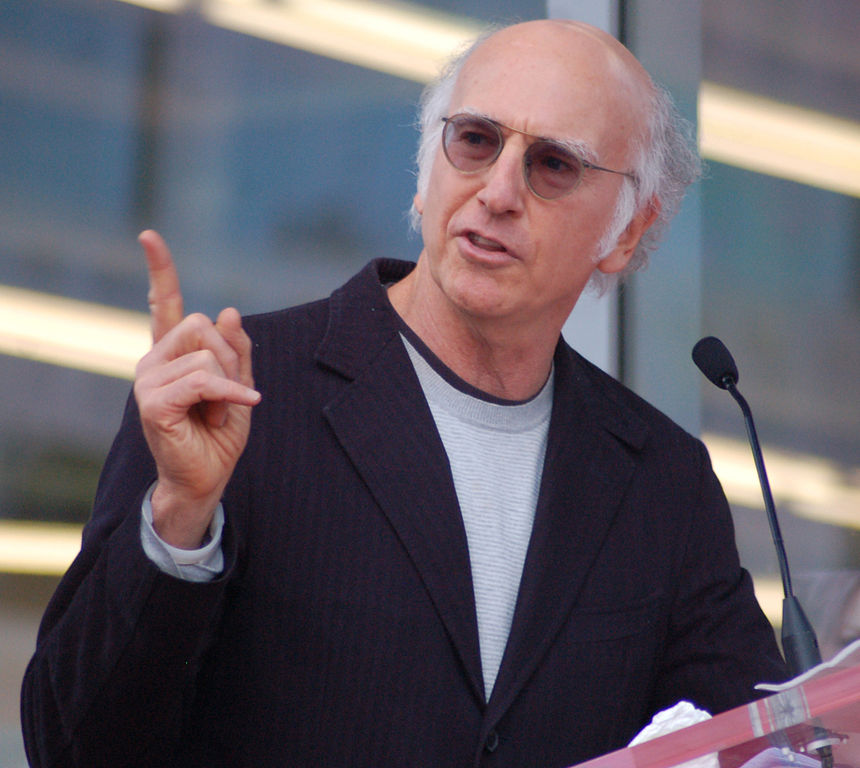
But I didn’t quite “get it” until this year watching an old episode of “Curb Your Enthusiasm” in which a clueless Larry David insults a Korean shop owner with his bow. Bowing has a protocol of who bows lower.
A child bows lower to an adult; the younger of two adults bows lower to an elder. A student bows lower to a teacher as the outward sign of respect and honor. Larry had his purchases; what he didn’t have was his wallet. He couldn’t buy a thing.
The honorable Korean shop owner trusts Larry to take the goods and to return later to cover the cost. When Larry returns, the shop owner bows to Larry. Larry mirrors the shop owner’s bow. The two exchange bows repeatedly, but the shop owner grows angry with Larry’s persistent mirroring. Larry insulted the shop owner. Out of respect, Larry should have bowed lower.
My Clueless Insult of Kosuke Koyama
My own Larry David insult took place as Professor Emeritus theologian of World Christianity Kosuke Koyama and I moved to our places behind the communion table at Shepherd of the Hill Church in Chaska, Minnesota to celebrate the Sacrament of Holy Communion. I’m not used to bowing. I shake hands, but we Americans don’t bow. We bow to no one.
Professor Koyama’s greeting caught me by surprise. He honored me with a bow. The internationally respected Japanese liberation theologian twenty years my senior, author of 100+ books and scholarly articles, bowed low to his lesser colleague. I did what I thought was good and right. I returned the bow. But I did not bow lower! If my superior was offended, he never showed it. He never shamed me. Ten years after Ko’s death, Larry David’s “Curb Your Enthusiasm” taught me what I had done. have been a to reflect on faith itself as bowing lower, to the Highest, the God of Mount Fiji and Mount Sinai, and Golgotha, the Hill of Skulls.

If Kosuke had taken offense, he never showed it. He never shamed me. Ten years after Ko’s death, Larry David’s “Curb Your Enthusiasm” taught me what I had done.
The years since have been a reflection on faith itself as bowing lower, to the Highest, the God of Mount Fiji and Mount Sinai, and Golgotha, the Hill of Skulls.
Bowing while Refusing to Bow
To be human is to bow. Before whom or what we are bowing — not whether we will bow —is a different rendering of Jesus’s challenging question. What is happening today in the United States and across the world — the storms that turn democratic republics into footstools for totalitarians hoisted to their thrones by myths of racial and national exceptionalism — widens the chasm between guarded white communities and the homeless shelters and detention camps at our southern border; and builds more prisons that house a disproportionally low percentage of people who look like me, the people of white privilege.
But most important is the ravaging of nature — unprecedented forest fires reducing natural habitats to ash heaps, homes and towns in Washington, Oregon, and California, New Orleans, and Texas; hurricanes, tornadoes and straight-line winds — puts the parable of the wise and foolish builders squarely before us We are the species that always bows to someone or something, but refuses to bow lower. “Evil is in antagonism with the entire creation,” wrote German-Swiss author and civil servant Heinrich Zschokke (1771-1848). What is humankind that you are mindful of us, asked the Hebrew psalmist.
Bowing with Jesus to the Origin and End of Life Itself
“The God and Father of our Lord Jesus Christ” is the traditional shorthand for Christian faith. The Jewish Jesus bows before that which is greater than he: the Creator and Sustainer of life.
The “I AM” of the burning bush — YHWH, a Name/Reality so holy, so Other, so far beyond human comprehension that the children of Moses would not speak the Name aloud — is the Origin and End of life itself. It was I AM — the source and end of life itself — before whom Jesus of Nazareth bowed in prayer and daily decision-making. Jesus was a faithful member of the covenant community born at the burning bush that dropped Moses to his knees.
Bowing before the Ineffable
The Jesus of history and the Jesus of faith cannot be understood apart from this bowing. Jesus bows before his Lord and Father, the Holy One of the First Commandment and the Shema of his Jewish faith tradition. The Christian confession “Jesus Christ is my Lord and Savior” is a one-line cliff note for “the Jesus who bowed low in reverence and humility before the Eternal and Ineffable” is the human one people like me seek to follow. The bowing Jesus is for Christians called Lord and Savior — because he bows lower to the Origin and End of life itself, the I Am of the bush that burns but is not consumed.
Let More of Reverence in Us Dwell
Let knowledge grow from more to more,
Alfred, Lord Tennyson, In Memoriam
But more of reverence in us dwell;
That mind and soul, according well,
May make one music as before.
Prologue, st. 7
Gordon C. Stewart, Public Theologian, Brooklyn Park, MN, Dec. 9, 2021




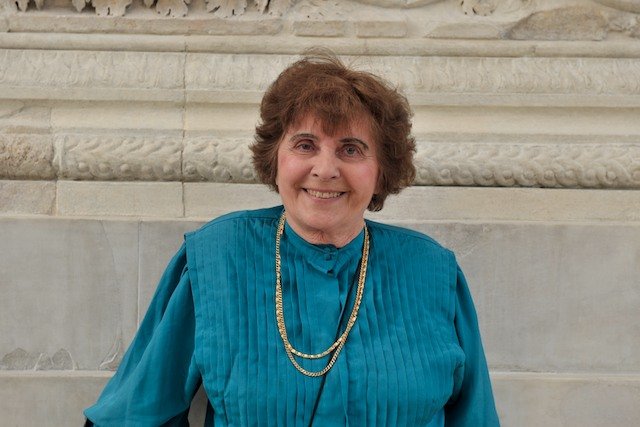




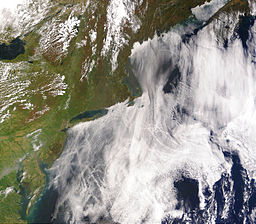

 His last published book — Theology and Violence: Towards A Theology of Nonviolent Love — awaits translation into English from the original Japanese. We wait on bended knee.
His last published book — Theology and Violence: Towards A Theology of Nonviolent Love — awaits translation into English from the original Japanese. We wait on bended knee.

